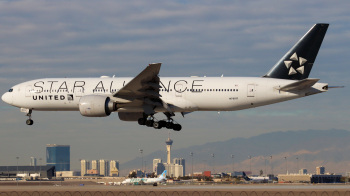You’ve probably been there before: you get to your seat on the plane, only to learn that someone else also had a ticket for your seat. Or maybe you’ve seen the viral videos of angry passengers being kicked off of planes because of overbooking. It’s a pretty dreaded scenario for passengers, but happens every year. In fact, it’s much more common than you may think.
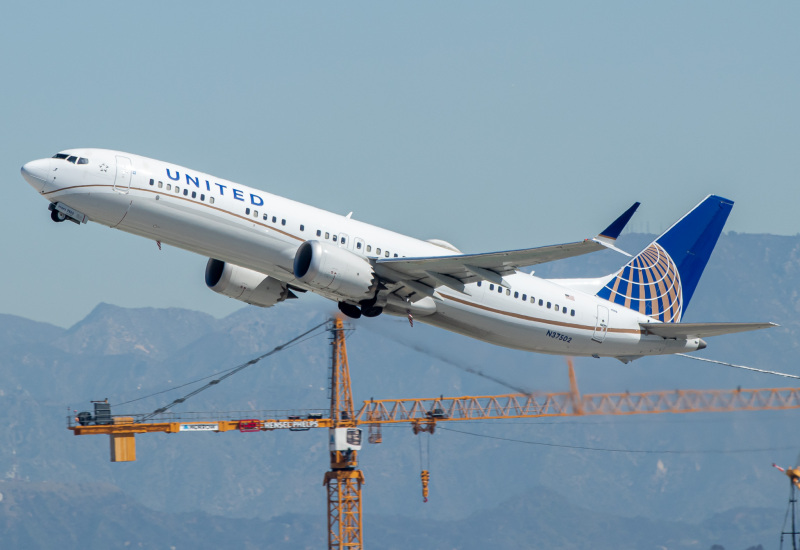
According to the 2023 Q1 Air Travel Consumer report released by the U.S. Department of Transportation, between January and March of 2023, roughly 34 out of every 100,000 passengers were bumped voluntarily and involuntarily from their domestic flights in America. Roughly speaking, 2 million passengers fly per day on average within the United States, meaning 680 passengers are overbooked and forced to take a different flight each day. Broken down by airline, Frontier was by far the worst in regards to overbooking, averaging 89 out of every 100,000 passengers bumped. For a full breakdown of the airlines and their overbooking rates, continue reading below.
Why Do Airlines Overbook Flights?
But why do airlines overbook, and what can you do about it? To start, airlines follow a simple rule that leads most of their decision-making: maximize profit. Over time, airlines have picked up on the fact that most flights tend to have many cancellations or no-shows at the gate, which guarantees a loss in revenue with empty seats on board.
The loss in revenue is due to a variety of factors, most notably that the airline is paying for more fuel than necessary which impacts weight, fewer ancillary revenues being collected by passengers, a reduced ability to rebook the seat in time for an award fare, and so on. Thus, airlines will oversell flights (more tickets sold than seats offered on a flight) expecting some passengers to no-show every flight such that the flight is full but not overbooked (more people than seats on the plane show up at the gate to board).
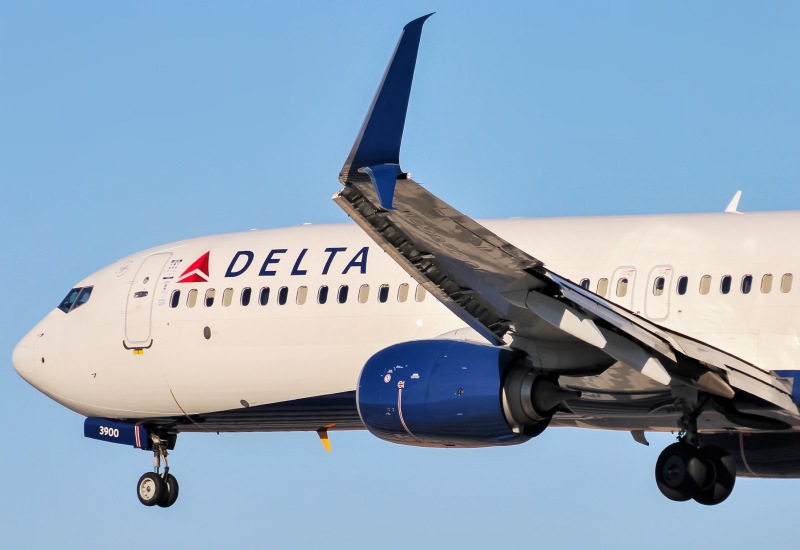
The problem here, however, is that airlines cannot predict when overbooking will occur—no-shows and cancellations are random and vary in magnitude—so airlines have to apply a dynamic booking policy informed by data.
How Do Airlines Meet Capacity?
In the case of overbooking, airlines will ultimately have to remove passengers to meet capacity, both voluntarily and involuntarily. Airlines first begin by offering compensation packages to passengers who voluntarily give up their seats which are usually accepted. The airline will succeed in this case if the first compensation price offered—typically the lowest they would be willing to give out—is accepted. This tends to be highly profitable for airlines and passenger inconvenience is nearly non-existent.
However, if not enough passengers who were overbooked take the offered compensation package, the airline will involuntarily remove passengers according to its own rules, drawing on factors like frequent flier status, check-in time, and fare paid to select who is kicked off.
Overbooking seems like a perfect solution on paper for airlines from a revenue standpoint, but customer backlash is often so severe that an airline’s reputation can be damaged completely. Dr. David Dao, who was bloodily dragged off of a United Airlines flight in 2017, settled with the airline for an unreported amount, and numerous passengers threatened to boycott United Airlines in light of the incident. This has led to the implementation of PR-friendly overbooking solutions, such as substantial price increases in compensation packages for those who voluntarily elect to give up their seat—all to avoid the dreaded involuntary selection process.
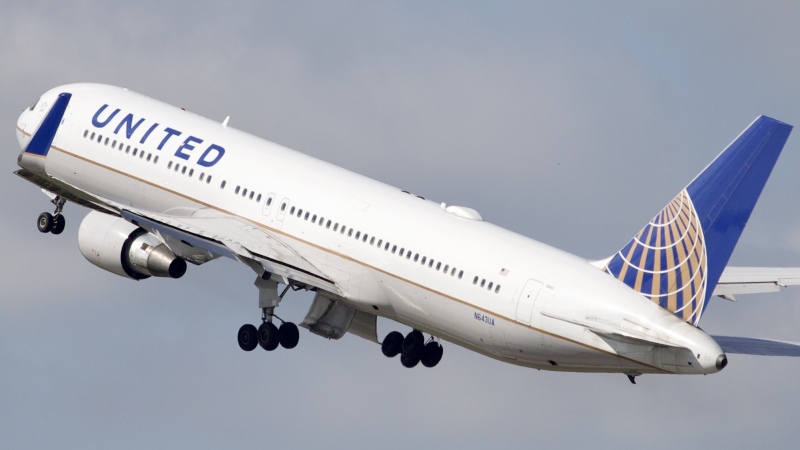
But Isn't There a Better Way?
Airlines could plausibly get around the overbooking issue by charging a fee for cancellations to make up for the lost revenue, but low-cost airlines like Southwest thought they could attract more customers early on without the fees and other airlines had to follow suit in the name of competition. Nowadays, certain tickets like Southwest’s “Wanna Get Away” and the equivalent “Basic Economy” options on legacy carriers are non-refundable when canceled, but are sold at a discount. Ultimately, the airline is forced to refund most tickets that are canceled or give up flight credit to passengers—both of which lose the airline money.
Airlines can also increase the number of passengers they upgrade to better cabins if seats are empty there, but again they would lose money if a passenger sits in first class when initially paying an economy fare or reduced-price first-class fare right before departure. Other issues, such as the weight and balance of the aircraft, would also be in flux. This situation creates a long-term revenue dilemma for airlines relating to how cabins and hard products are viewed and what passengers demand from business or first class tickets.
If an airline's economy class is overbooked but business is not, lowering the business price close to the departure time to fill up seats may devalue business class for passengers who, if they purchased it at a lower price or were upgraded for free without airline status, might no longer accept a price higher than that for a future business class flight. Therefore, the airline has an incentive to keep the price of the nicer classes high to maintain the luxury and high-cost image of their non-economy class cabins.
So now the question becomes: how do airlines determine which flights to overbook, and exactly how many seats? What might a dynamic, data-informed model look like? A number of research papers on the subject seem to agree that it comes down to a couple of key statistics.
How Do Airlines Decide on Which Flights and How Many Seats to Oversell?
- The probability of all passengers booked showing up and exceeding the capacity of the aircraft for the given flight leg. In other words, this is the simple probability of a flight being overbooked.
- The “no-show rate”, which differs by airline, and analyzes the average number of passengers who don’t show up to board the flight. Airlines have historical data on this dating back years, and can sort it by flight duration, markets served, and other factors.
- Ratio of the loss incurred by rejecting a passenger relative to the profit incurred by carrying some other passenger.
- Average cancellation rate by flight.
- Feasibility of alternative flights between the same two markets.
Of course, airlines need an extensive amount of data to determine these probabilities and ratios in addition to the no-show rate:
- What types of passengers are flying? Vacationers tend to cancel less and book far in advance, while business travelers often change their itineraries last minute.
- Are there convenient alternative options available at the same time that would entice a switch?
- How many large groups are booked on a flight, and what will be the financial impact if the whole group cancels?
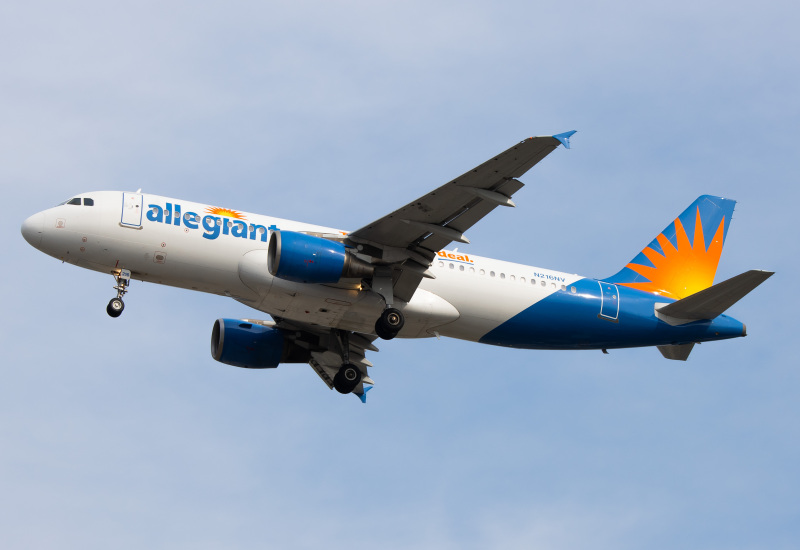
Let's Have a Look At The Numbers
Now that you are aware of the problem, will you opt to fly a different airline to avoid being overbooked, and what will you do if this affects you? Looking at data from the first quarter of 2023, here are how the major US airlines stack up in terms of total passengers overbooked and the percentage that voluntarily took compensation in exchange for a later flight:
- Frontier: 89 out of every 100,000 passengers overbooked. 59% were voluntary.
- Delta: 76 out of 100,000 passengers overbooked. 100% were voluntary.
- Spirit: 46 out of every 100,000 passengers overbooked. 90% were voluntary.
- Alaska: 33 out of every 100,000 passengers overbooked. 98% were voluntary.
- American: 25 out of 100,000 passengers overbooked. 81% were voluntary.
- Southwest: 24 out of every 100,000 passengers overbooked. 93% were voluntary.
- United: 22 out of every 100,000 passengers overbooked. 99.5% were voluntary.
- Hawaiian: 7 out of every 100,000 passengers overbooked. 100% were voluntary.
- Allegiant: 6 out of every 100,000 passengers overbooked. 100% were voluntary.
Evidently, Delta did exceptionally well at managing overbooked flights. They led the field in the total number of overbooked flights (which gives them a revenue advantage), but they also settled with each overbooked passenger such that no passenger was involuntarily selected to be kicked off.
Hawaiian and Allegiant were similar in this regard, although they had far fewer overbooked passengers to begin with compared to Delta. Based on this, one can assume that if you fly Delta, Hawaiian, or Allegiant, and someone else has a ticket for the same seat, you will receive fair compensation and a new flight.
On the other hand, when flying Frontier, you may not be as lucky, as a whopping 41% of passengers were involuntarily selected to be kicked off as a result of overbooking, not to mention it had the highest rate of overbooking to begin with.
What Can We Learn From The Numbers?
Perhaps this has something to do with the nature of the airlines themselves. Allegiant Air, while low-cost, commonly flies between vacation-friendly destinations such as various Florida beach destinations and Las Vegas (LAS), and therefore passengers are less likely to cancel or no-show since dates of travel tend to be confirmed far in advance for families.
Hawaiian also caters to vacationers, and the outcome is similar. Southwest, American, United, and Alaska all have similar rates of overbooking and serve a variety of overlapping business and vacation markets, which might explain the consistency between them.
Spirit and Frontier are both ultra-low-cost carriers that serve business and vacation markets, which not only means more cancellations are likely but the airline is encouraged to overbook to squeeze any amount of profit they can get. After all, their reputations for good customer service don’t matter as much since they can outcompete the other legacy carriers on price.
For those that are involuntarily chosen to be kicked off of an overbooked flight, passengers are still entitled to compensation from the airline and should bargain accordingly. Usually, airlines offer far from the fair value, so it is advisable to negotiate a better voucher, hotel, or flight package with the airline.
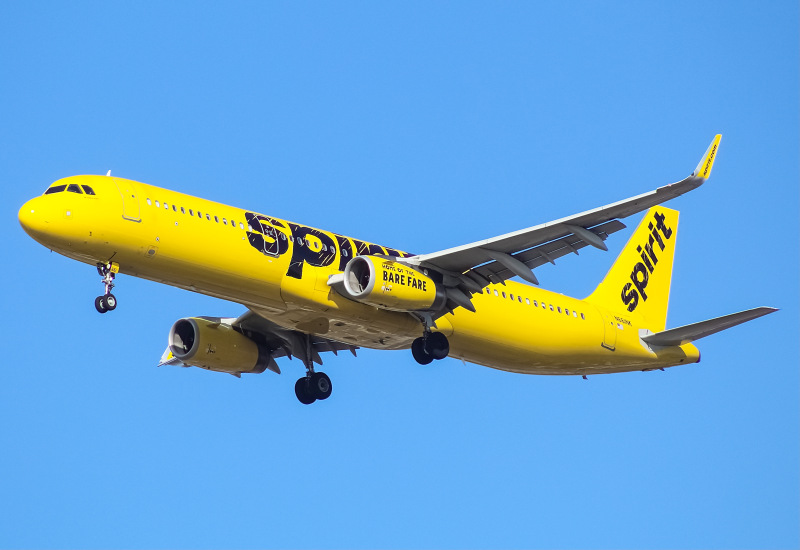
Importantly, the U.S. Department of Transportation says that for alternative flights as a result of an overbooking leading to a two-hour delay at minimum, the minimum compensation rate is the lower of $1,550 or 400% of the one-way fare. If the delay is between one and two hours, the minimum compensation is halved: $775 or 200% of the one-way fare, whichever is lower.
It is important to know your worth as a traveler and negotiate accordingly if you face an overbooking. Remember that you are entitled to compensation should the situation arise.
Thousands of Flights Impacted as Winter Storm Blair Hits U.S. » Could You Survive a Plane Crash? The Unlikely Science of Plane Crash Survival » Maldivian Airlines Introduces First-Ever Widebody Aircraft, Plans New China Flights »
Comments (2)
 [email protected]
nobis ratione assumenda sunt enim voluptate sapiente est maiores sapiente ea harum magni repudiandae ullam modi quo ducimus nesciunt explicabo ipsum. minima expedita asperiores et vel natus id eaque e
[email protected]
nobis ratione assumenda sunt enim voluptate sapiente est maiores sapiente ea harum magni repudiandae ullam modi quo ducimus nesciunt explicabo ipsum. minima expedita asperiores et vel natus id eaque e
 [email protected]
voluptas perferendis temporibus autem et ab alias accusamus itaque eveniet. cumque recusandae est voluptates perferendis in amet deserunt porro ad similique. eum dolorum voluptates et quis vero facere
[email protected]
voluptas perferendis temporibus autem et ab alias accusamus itaque eveniet. cumque recusandae est voluptates perferendis in amet deserunt porro ad similique. eum dolorum voluptates et quis vero facere
Add Your Comment
SHARE
TAGS
INFORMATIONAL Airlines Overbooking Data Informational Flights DOT United Delta American Spirit Frontier Compensation Cancellations DelaysRECENTLY PUBLISHED
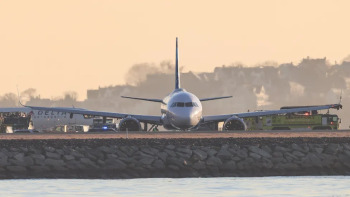 Could You Survive a Plane Crash? The Unlikely Science of Plane Crash Survival
With air travel consistently being heralded as the safest form of public transport, most of us do not board a plane pondering our chances of survival in the event of a crash. But, is it possible to survive one?
INFORMATIONAL
READ MORE »
Could You Survive a Plane Crash? The Unlikely Science of Plane Crash Survival
With air travel consistently being heralded as the safest form of public transport, most of us do not board a plane pondering our chances of survival in the event of a crash. But, is it possible to survive one?
INFORMATIONAL
READ MORE »
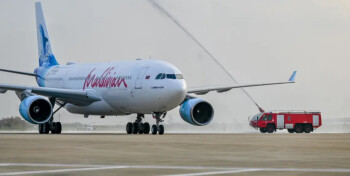 Maldivian Airlines Introduces First-Ever Widebody Aircraft, Plans New China Flights
Maldivian, the government-owned national airline of the Maldives, has just welcomed its first-ever wide body aircraft: the Airbus A330-200. With the new aircraft, the carrier also plans brand-new long haul international flights to China.
NEWS
READ MORE »
Maldivian Airlines Introduces First-Ever Widebody Aircraft, Plans New China Flights
Maldivian, the government-owned national airline of the Maldives, has just welcomed its first-ever wide body aircraft: the Airbus A330-200. With the new aircraft, the carrier also plans brand-new long haul international flights to China.
NEWS
READ MORE »
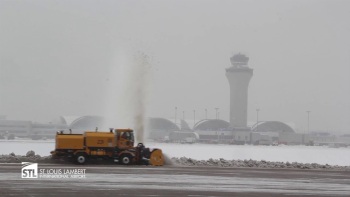 Thousands of Flights Impacted as Winter Storm Blair Hits U.S.
Winter Storm Blair has unleashed a huge blast of snow, ice, and freezing temperatures across the Central and Eastern United States.
As of Sunday afternoon, over 6,700 flights and counting have been disrupted. This includes cancelations and significant delays leaving passengers scrambling to change flights and adjust travel plans.
NEWS
READ MORE »
Thousands of Flights Impacted as Winter Storm Blair Hits U.S.
Winter Storm Blair has unleashed a huge blast of snow, ice, and freezing temperatures across the Central and Eastern United States.
As of Sunday afternoon, over 6,700 flights and counting have been disrupted. This includes cancelations and significant delays leaving passengers scrambling to change flights and adjust travel plans.
NEWS
READ MORE »



